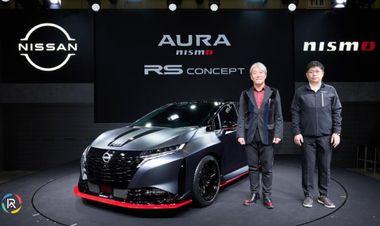Tokya, Japan- Toshiba Corporation., has unveiled its latest innovation in lithium-ion battery technology a new SCiB module engineered for use in electric buses, electric ships, and stationary energy applications. This advanced battery module is designed to address the increasing demand for high-power, rapid-charge applications by offering approximately double the heat dissipation performance compared to existing Toshiba modules.
Set for commercial availability from mid-April 2025 in both Japan and international markets, the new SCiB module marks a significant step forward in battery technology, especially for applications requiring continuous high input and output in short periods an operating condition that typically generates considerable heat and can reduce battery life.
At the heart of the innovation is an aluminum baseplate an industry-first for Toshiba’s battery modules. Unlike conventional resin-based baseplates, aluminum is a superior thermal conductor. By incorporating this material into the design, Toshiba has succeeded in reducing thermal resistance and significantly enhancing the module’s heat management capabilities. Despite aluminum’s conductive nature, which requires strict electrical insulation from battery cells, Toshiba has developed a novel structure that maintains the required voltage resistance to ensure safe and efficient operation.
The increasing use of lithium-ion batteries across diverse sectors including electric transport and grid-level energy storage demands not only higher performance but also smarter thermal management. Constant fast charging and discharging cycles in EVs and stationary systems can result in accelerated battery degradation due to heat buildup.
Toshiba’s SCiB rechargeable batteries already offer a compelling set of features thanks in large part to their lithium titanate negative electrode. These include fast charging, long cycle life, high input/output capability, robust safety, and low-temperature performance. They are already deployed in a wide range of industrial and transportation applications, including hybrid and electric buses, cranes, trains, and automated guided vehicles (AGVs) in logistics centers.
The new module, officially named Type4-23 (FM01202CCB04), pushes the envelope even further by introducing an advanced structural design that leverages the benefits of aluminum for heat dissipation while ensuring electrical safety. Under normal customer operating conditions and with existing cooling systems, the module’s thermal performance is roughly twice that of earlier models—greatly extending battery life and overall system reliability.
The SCiB modules can be connected in series or parallel to meet specific voltage and capacity requirements, offering flexibility for system designers. The latest model supports up to 160 A continuous current and 350 A for short bursts (30 seconds), with a rated capacity of 45 Ah (1,242 Wh) and a nominal voltage of 27.6 V. It operates in ambient temperatures ranging from -30°C to 50°C and weighs approximately 16.5 kg. Integrated functions include cell voltage and temperature monitoring, cell balancing, and communication capabilities.
Certified under the UL1973 safety standard, this module is suitable for a wide range of stationary applications, including off-grid systems and microgrids.
With the introduction of this new module, Toshiba strengthens its position as a provider of advanced energy storage solutions tailored to real-world customer needs. By continuing to develop products that leverage the unique features of the SCiB lithium-ion battery, Toshiba remains committed to delivering high-performance, long-life, and low-maintenance battery solutions while also addressing full lifecycle costs from installation to end-of-life management.
As applications for electric power grow more complex and demanding, Toshiba's innovation in thermal management and structural design sets a new benchmark for battery performance and reliability in both mobile and stationary domains.








